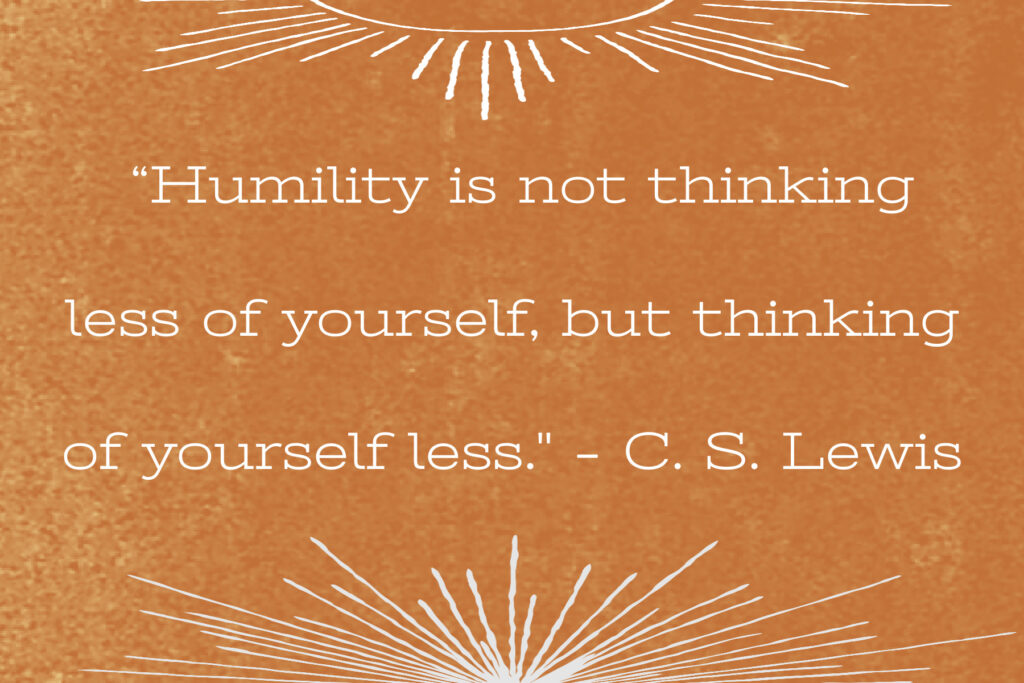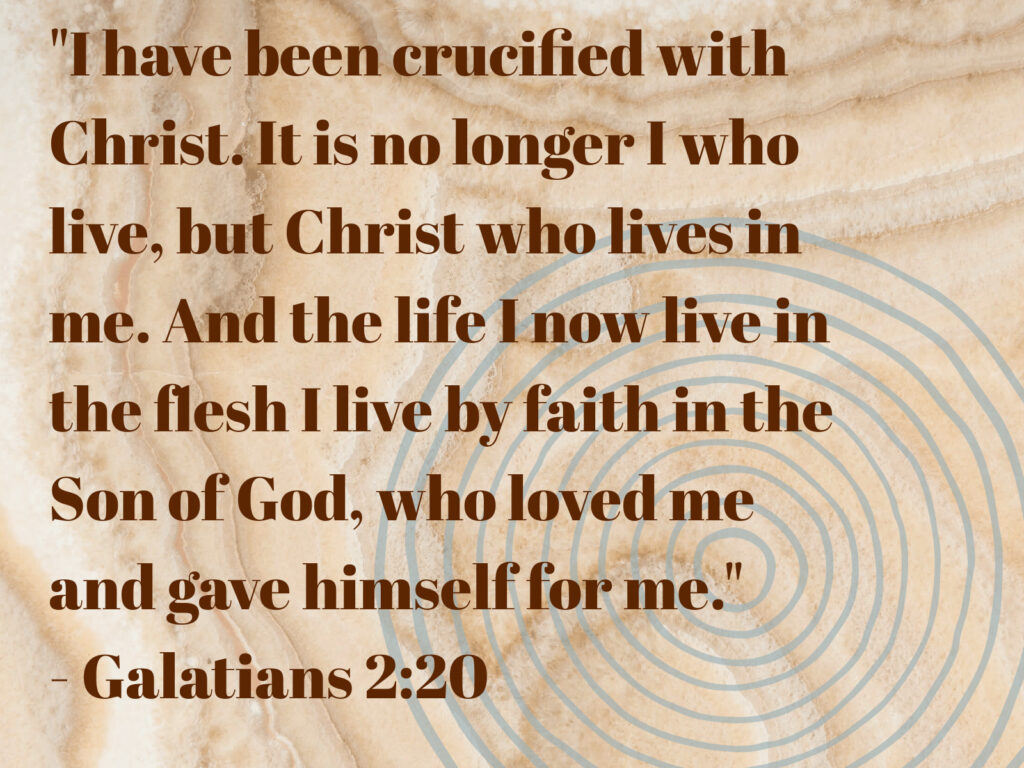I was just seven years old when the bear began making appearances in my elementary classroom. He wasn’t intimidating. In fact, at just eighteen inches tall and covered in cottony white fluff, he was aggressively cute. And his handlers (a select group of enthusiastic PTA moms) made sure that he only spoke the kindest of words to our class. That was his purpose, after all: as our school’s resident Self-Esteem Bear, his job was to say kind things to the students of Country Hills Elementary School. Each of his regular visits began with a litany of positive affirmations and ended with his trademark song: “I have self-esteem, it’s true. I won’t hurt me, and I’m kind to you!” Our class was, of course, invited to sing along.

On the surface, these Self-Esteem powwows were a beneficial addition to the monthly rhythms of our (proudly forward-thinking) school and a wise use of PTA funds. My peers and I received direct instruction on how to love ourselves, which would hopefully lead to improved academic outcomes, better student-to-student relationships, and—most important of all—kids who believed in our inherent potential and goodness. It was a well-intentioned program and exactly what you would expect from the same generation of parents who believed every kid on the soccer team deserved a trophy.* Little did those parents know how their efforts would contribute to an epidemic of rampant entitlement and Millennial malaise.
Thankfully I grew up with parents who immediately recognized the flaws in Self-Esteem Bear’s messaging (and that of other similar programs). From an early age, they helped me understand my own inherent sin nature and taught me that simply “having good self-esteem” was not the sweeping solution to all of our societal woes. We talked openly in our home about the things that Self-Esteem Bear got right (being kind to others, treating everyone—including myself—with respect, recognizing the value and dignity of every person) and where his messaging strayed from Biblical truth (assuming people were naturally good, and asserting that positive self-talk was more important than acting and speaking in ways that would honor God). I continued to participate in those bimonthly sessions with Self-Esteem Bear, and I enjoyed the songs and the break from math and reading, but I knew that the messages being shared were not the whole truth.

What the self-esteem movement got wrong—and what most of contemporary culture continues to get wrong—was an understanding that a false bolstering of ego is unhelpful and even sinful. Proponents of the movement hoped that they could counter negative self-talk with positive messaging, but they failed to recognize that good self-esteem and poor self-esteem have something in common: they are both improper and inaccurate evaluations of SELF. To borrow a phrase from Tara-Leigh Cobble, “insecurity and arrogance are different sides of the same pride coin.” Those lessons in self-esteem were trying to counter a pride problem with MORE pride.
The answer to a problem of pride is not a different type of pride, but humility. Biblical humility is a REALISTIC view of oneself that recognizes our complete and utter dependence on God to save us from our own sinfulness. Without humility we are at risk of thinking we are capable of rescuing ourselves or, conversely, that we are at the mercy of our sinfulness without hope for redemption. But WITH humility we acknowledge that we are incapable of atoning for our own sins but we are capable of gratefully accepting His mercy and grace.

Like much of my Christian walk, this is far easier for me to understand than to actually practice. My daily self-talk vacillates wildly between the two extremes of deep insecurity and overinflated ego. I’ll spend a morning feeling awful about myself, and in trying to pep-talk my way into deeper confidence, I’ll work my way into feeling superior and entitled, only to come crashing down the moment some small incident takes a crack at my ego. A better solution? Whether I’m feeling insecure or arrogant, my response needs to be one of worship—taking myself off of a pedestal so that God can be restored to His proper place. It is here, bowed before the throne and esteeming Him alone, that I can relinquish my grasp on SELF-esteem, receiving His grace and living into who He believes me to be.
* I still have the trophy from my short stint in Don’s Soccer Dragons. Never mind that my best friend and I—as the only two girls on our team—spent a majority of every game giggling on the sidelines and making flower crowns while the boys chased the soccer ball up and down the field.